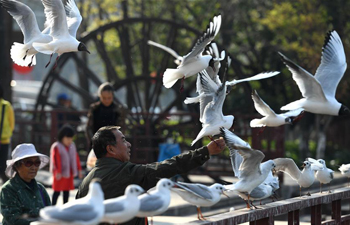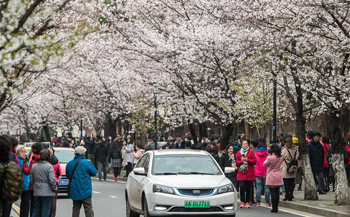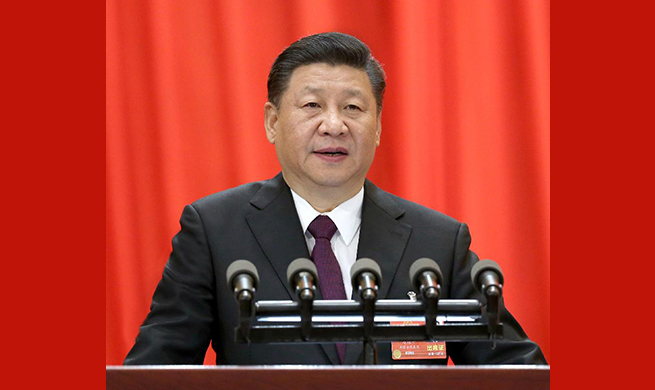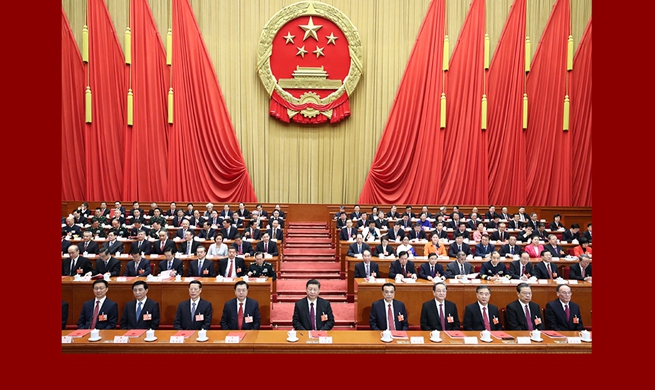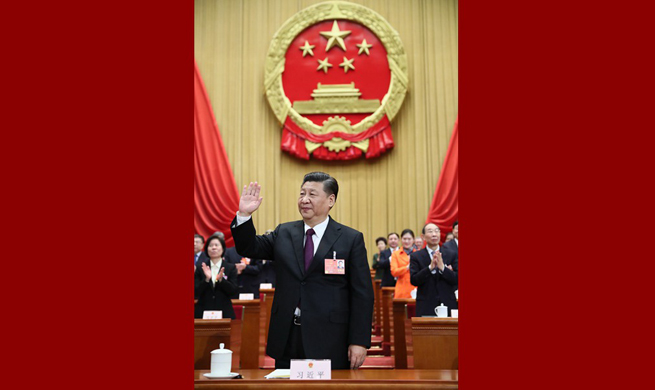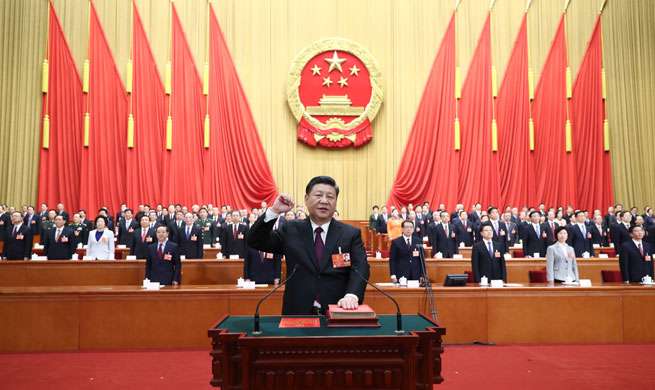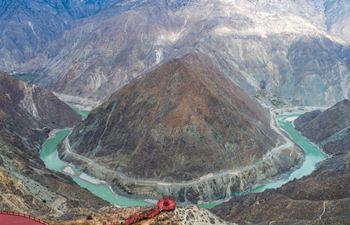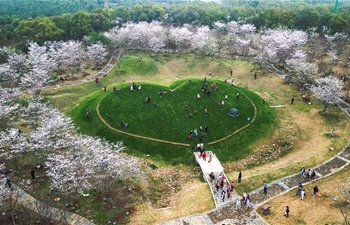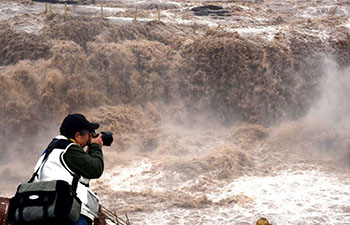UNITED NATIONS, March 21 (Xinhua) -- The Security Council on Wednesday underlined the importance of unifying Libya's armed forces under civilian oversight, stressing that there can be no military solution for the crisis.
The members of the Security Council believes that the Libyan Political Agreement of December 2015 remains the only viable framework to end the Libyan political crisis ahead of the holding of elections and finalizing the political transition, said deputy Dutch permanent representative to the United Nations Lise Gregoire-van Haaren, whose country holds the presidency of the Security Council for March.
The council members urged Libyan leaders to engage constructively in dialogue in a spirit of compromise, she told reporters after closed-door consultations by council members.
They underlined that the status quo is not sustainable, said the ambassador, who chaired the consultations.
The council members condemned continued violence and underlined that those responsible for violations of international humanitarian law and for violation and abuse of human rights, including those against migrants, to be held accountable.
Earlier on Wednesday, the Security Council heard a briefing by Ghassan Salame, the special representative of the UN secretary-general in Libya, at an open meeting.
Salame stressed the importance of strengthening Libya's institutions through elections.
"For the United Nations, working for the conduct of fair, free, credible elections before the end of this year is at the top of our priorities," he told the council via video teleconference from Tripoli, the Libyan capital.
Voter registration, which ended on March 12, made great progress, he said. With 1 million new registrants, now 2.5 million Libyans are eligible to vote. The voter registration update saw strong participation of women and youth, he said.
The prevalence of violence remains a cause for concern, said the special representative.
Extremists, including the Islamic State and Al Qaida, continue to maintain a presence in Libya and have conducted attacks recently, he said. Armed groups, including those integrated into the state structure, continue to operate outside of the law, perpetrating human rights abuses.
Salame, who is also the head of the UN Support Mission in Libya, emphasized the importance of disarmament in the country. "Too many young men earn a living carrying weapons, and they should be reintegrated into civilian life."
He said he would unveil a disarmament strategy by May. "However, we must be realistic. In a country awash with arms, disarmament will require time and much, much stronger national institutions," he warned.
He asked the Security Council to "exert its utmost influence" to stem the ongoing inflow of new arms into Libya.
Salame also voiced concern over Libya's "economic system of predation," which, he said, degrades the life of the ordinary Libyan and serves the interests of the powerful, over the country's precarious finances, as well as weak institutions.
After the 2011 revolution that overthrew longtime ruler Muammar Gaddafi, Libya plunged into a new civil war pitting different military factions as well as militias and small armed groups. The country remains to be reunified.




